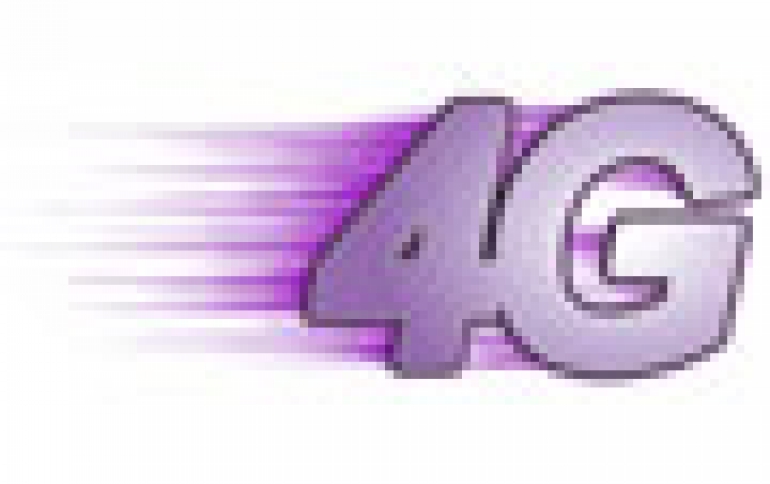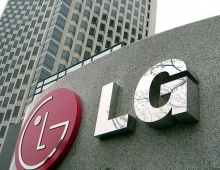
Ofcom Announces 4G Auction Bidders For Britain
Telecoms regulator Ofcom said on Thursday
announced the bidders in the forthcoming 4G mobile spectrum auction ? the largest ever sale of mobile airwaves in the UK.
The following organisations have qualified to bid in the auction, which will start in January 2013:
- Everything Everywhere Limited (UK)
- HKT (UK) Company Limited (a subsidiary of PCCW Limited)
- Hutchison 3G UK Limited
- MLL Telecom Ltd
- Niche Spectrum Ventures Limited (a subsidiary of BT Group plc)
- Telef?nica UK Limited
- Vodafone Limited
Bidders will be competing to acquire new capacity to roll 4G mobile broadband services across the UK.
Bidders will be competing for spectrum in two separate bands - 800 MHz and 2.6 GHz. The lower frequency 800 MHz band is part of the 'digital dividend' freed up when analogue terrestrial TV was switched off, which is ideal for widespread mobile coverage.
The higher frequency 2.6 GHz band is ideal for delivering the capacity needed to deliver faster speeds. These two bands add up to 250 MHz of additional mobile spectrum, compared to 333 MHz in use today. Both bands are being packaged into smaller lots for the auction.
This combination of low and high frequency spectrum creates the potential for 4G mobile broadband services to be widely available across the UK, while offering capacity to cope with significant demand in urban centres.
4G services should make it much quicker to surf the web on mobiles - speeds will be nearer to what is currently experienced with home broadband.
For the typical user, download speeds of initial 4G networks will be at least 5-7 times those for existing 3G networks.
- Everything Everywhere Limited (UK)
- HKT (UK) Company Limited (a subsidiary of PCCW Limited)
- Hutchison 3G UK Limited
- MLL Telecom Ltd
- Niche Spectrum Ventures Limited (a subsidiary of BT Group plc)
- Telef?nica UK Limited
- Vodafone Limited
Bidders will be competing to acquire new capacity to roll 4G mobile broadband services across the UK.
Bidders will be competing for spectrum in two separate bands - 800 MHz and 2.6 GHz. The lower frequency 800 MHz band is part of the 'digital dividend' freed up when analogue terrestrial TV was switched off, which is ideal for widespread mobile coverage.
The higher frequency 2.6 GHz band is ideal for delivering the capacity needed to deliver faster speeds. These two bands add up to 250 MHz of additional mobile spectrum, compared to 333 MHz in use today. Both bands are being packaged into smaller lots for the auction.
This combination of low and high frequency spectrum creates the potential for 4G mobile broadband services to be widely available across the UK, while offering capacity to cope with significant demand in urban centres.
4G services should make it much quicker to surf the web on mobiles - speeds will be nearer to what is currently experienced with home broadband.
For the typical user, download speeds of initial 4G networks will be at least 5-7 times those for existing 3G networks.




















